This morning when you woke up (if you live in the Americas), two young women in their twenties on the other side of the world in South Asia were most likely studying hard for their classes, perhaps getting ready to pull a late-nighter to finish a particular project like any other college student. One of these women is studying to be a clinical social worker, and the other is studying to be a medical lab technician.
The really special thing about these two women—that sets them apart from other college students—is that they grew up with our organization in our family homes.
 Each family home consists of about ten orphaned or abandoned children as well as carefully selected houseparents who care for each child as their own. In this way, children in the program not only have their physical and educational needs met, but also grow up with the love and care of a family. The ultimate goal is that each child would eventually go on to further their education in college and become a difference maker for Christ in their nation. Love Justice currently operates 15 such homes across South Asia.
Each family home consists of about ten orphaned or abandoned children as well as carefully selected houseparents who care for each child as their own. In this way, children in the program not only have their physical and educational needs met, but also grow up with the love and care of a family. The ultimate goal is that each child would eventually go on to further their education in college and become a difference maker for Christ in their nation. Love Justice currently operates 15 such homes across South Asia.
Since the first homes opened some 20 years ago, many of these children are now adults, making their way in the world. Durga and Nirmala, the two women featured here, are two of 82 students in transition out of the program, meaning they are somewhere between eleventh grade and their fourth year of college. Another 25 have fully exited the program already, meaning they completed a post-secondary program, earning a bachelor’s degree or vocational certificate/license; moved out from the home and live independently; and have achieved financial independence, no longer receiving support from LJI in any capacity.
The stories of these students show an impressive resilience in the face of difficulty as well as a deep faith in God. They also remind us how vital it is to intervene early—before children are left vulnerable to the dangers of trafficking or exploitation. May you be inspired by these two women today!
Note: Both of these women’s stories are also on our podcast! Listen instead to Durga’s story and Nirmala’s story.
Durga
Durga’s earliest memories are from living on the streets with a few other girls. She has no memory of her parents.
One day when Durga and her street friends were roaming the tourist areas asking for food, Love Justice’s founder, John Molineux, happened to be passing by on his way to dinner with some visiting medical students.

“As we were walking through the street on our way to dinner, we saw a group of four girls with dirty clothes not wearing shoes, asking for money,” recalled Molineux. “It was kind of an emergency—we didn’t want them to spend another night on the streets.”
The girls were seven or eight years old at the time, and Molineux explained that young girls living on the streets were rare because they were so vulnerable to exploitation.
After talking with the girls to ensure they truly had no family, Molineux offered food and the opportunity to go to school, and the girls eagerly agreed to go with them.
Molineux ended up staying in a hotel that night while the female medical students stayed at his house with the girls. In the morning, he called their child sponsorship coordinator, now his wife, Aksha, to come as soon as she could to get the girls settled in a family home.
Once settled in a family home, Durga had to adapt to a very different way of life than she had thus far known on the streets. (Pictured above: Durga shortly after she came to live in the homes)
“It was very hard for me because on the streets we didn’t have rules and regulations. And so that was the most challenging thing for me because I had never experienced the love of parents when I was on the streets. … I was saying ‘Mom’ and ‘Dad’ and that was very hard for me,” she shared. (Pictured below: Durga in 2020)
 Unfortunately, there is a high risk of runaway when a child has been on the streets for so long, and the other three girls eventually ran away. But Durga stayed.
Unfortunately, there is a high risk of runaway when a child has been on the streets for so long, and the other three girls eventually ran away. But Durga stayed.
“I actually didn’t think Durga would stay long; there was another girl I thought would stay longer,” Aksha Molineux recalled. “When the other three girls ran away and Durga was the only one, I was very surprised that that happened but also very happy of who she has become now.”
“Yeah, it’s been really cool to watch Durga grow over the years,” John added. “She always had kind of a quiet fierceness about her, but a goodness.”
Durga is now in her final year of college to be a clinical social worker, and she dreams of using her income to sponsor other kids like herself who grew up on the streets.
Nirmala
 Nirmala and her brothers were orphaned after their mother left when Nirmala was a baby and their father died when she was eight or nine. They lived with their grandmother, but she wasn’t able to care for them properly.
Nirmala and her brothers were orphaned after their mother left when Nirmala was a baby and their father died when she was eight or nine. They lived with their grandmother, but she wasn’t able to care for them properly.
“It was very hard for us to stay healthy when we didn’t have so much facilities. We didn’t have money to go to school, and we didn’t have money to buy food, all the things,” said Nirmala. “It was very difficult for us to live there at that time. But I think God has a different plan for us, in each and everyone’s life.”
Nirmala’s family was Hindu, but the village they lived in had many Christians. When her dad became ill, the family decided to leave their Hindu faith and accept Christ in hopes that He would heal their dad. Instead, her dad died the very next day.
Relatives began pressuring them to abandon Christ because of this, but Nirmala’s grandmother stood firm.
“She said, ‘Even if I die, if all my family dies, I’ll not leave Jesus Christ,’” Nirmala recounted, smiling. “We are so happy to get Him in our lives.” (Pictured above: Nirmala around the time she came to Love Justice)
 The family began attending a local church, and the pastor recommended they apply for LJI’s Family Homes Program. Perhaps because of a lack of space or funding, Nirmala and her brothers spent a year waiting after the pastor submitted their paperwork.
The family began attending a local church, and the pastor recommended they apply for LJI’s Family Homes Program. Perhaps because of a lack of space or funding, Nirmala and her brothers spent a year waiting after the pastor submitted their paperwork.
“When we were waiting for one year, I felt like we would not be selected because it took so long. But then after one year, suddenly they called us and told us, ‘You are going.’ I was so happy at that moment!” said Nirmala.
Even though she had her brothers with her, Nirmala was scared at first being around so many unfamiliar faces. But after only a couple months, she said it felt like home and the other children felt like her own siblings.
“At that time I didn’t know like, ‘Oh, God is doing this.’ But after knowing God closely and spending time with Him, I knew that it was God’s plan,” said Nirmala. “We just want our results like so suddenly, but God has a different plan for us. He has already planned for us so that by His plan, His grace, we are here.” (Pictured above: a recent photo of Nirmala)
Looking ahead with hope and gratitude
The stories of Durga and Nirmala remind us of the life-changing impact of protecting vulnerable children. Each of them faced incredible challenges, but the love and stability they found in our family homes empowered them to pursue meaningful futures and become difference makers for Christ!
This Christmas season, we are filled with gratitude as we look back on what we’ve been able to accomplish with the help of many generous donors, supporters, and partners. At the same time, we are preparing for the next year and looking ahead to the future.
 We are thankful for the many people who have contributed to the growth of the kids in our family homes. Because of their support, lives have been transformed—but there is still so much more to do.
We are thankful for the many people who have contributed to the growth of the kids in our family homes. Because of their support, lives have been transformed—but there is still so much more to do.
We are at a place where we have honed our strategies and pursued opportunities so effectively that we are poised to begin a large expansion of our work to reach many more vulnerable populations. The only thing holding us back is funding.
As this year comes to a close, our theme is “every second counts.” We don’t want children to have to spend a second longer on the streets or a second longer without their basic needs met. We don’t want a lack of resources to delay us from protecting vulnerable lives.
Thanks to some generous partners, all donations made through the end of the year will be matched, doubling the impact of every gift. Will you consider joining us today in caring for orphans by giving through the button below?
Your support changes lives. Thank you!
*All data and statistics current at the date and time of publishing. Some specific locations excluded for privacy and security purposes.
-1.png?width=500&height=500&name=LJI_MAINLOGO_WhiteBackground%20(1)-1.png)
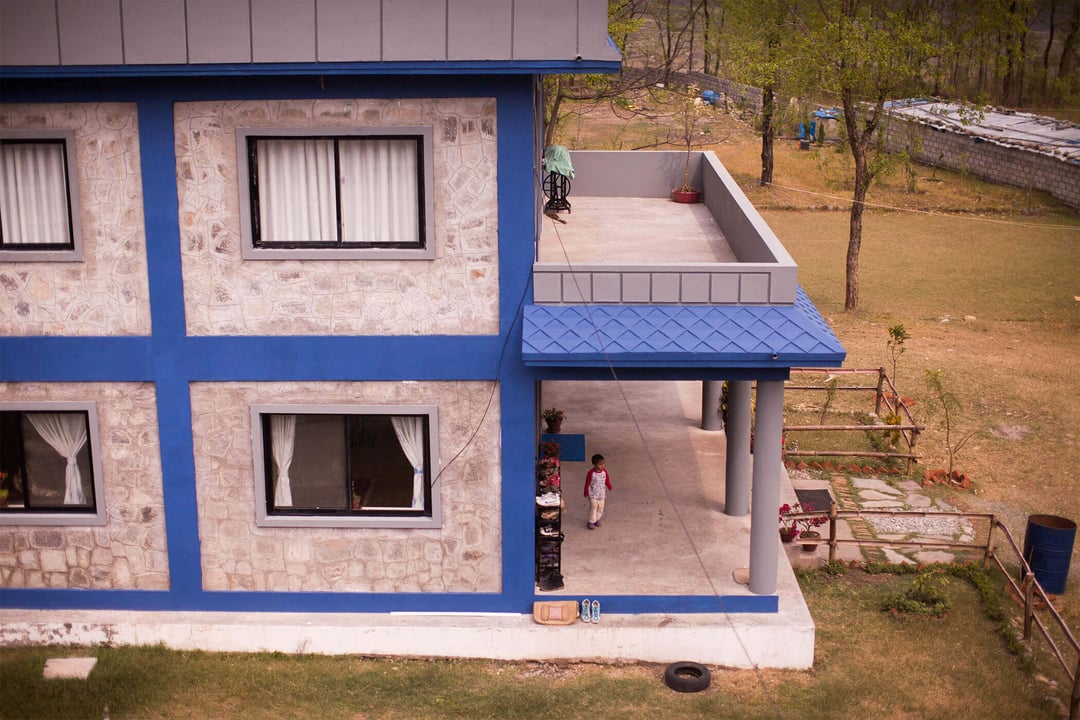
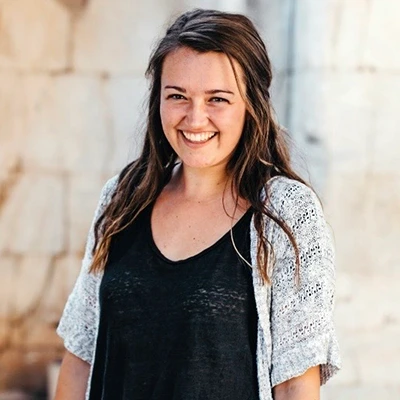
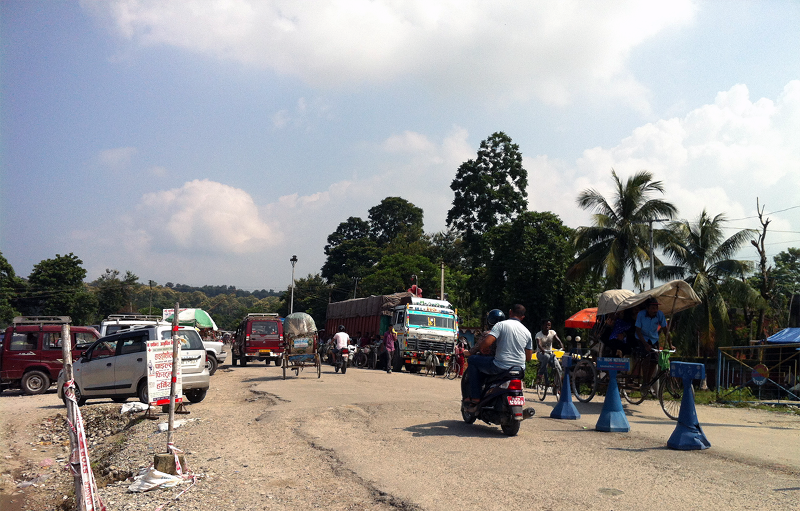
/bimala_feature_blog.webp)

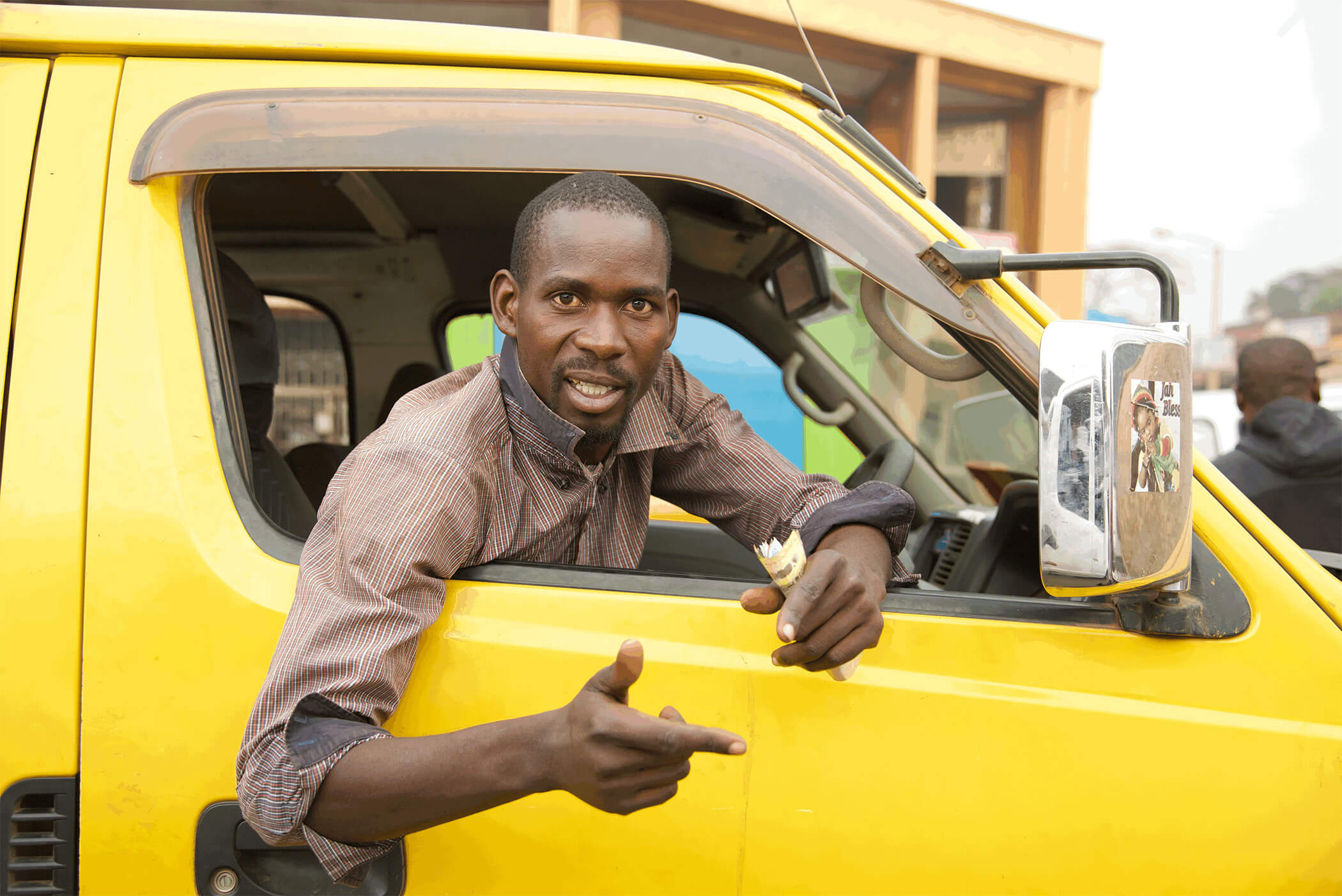
/boy_girl_asia_streets.webp)

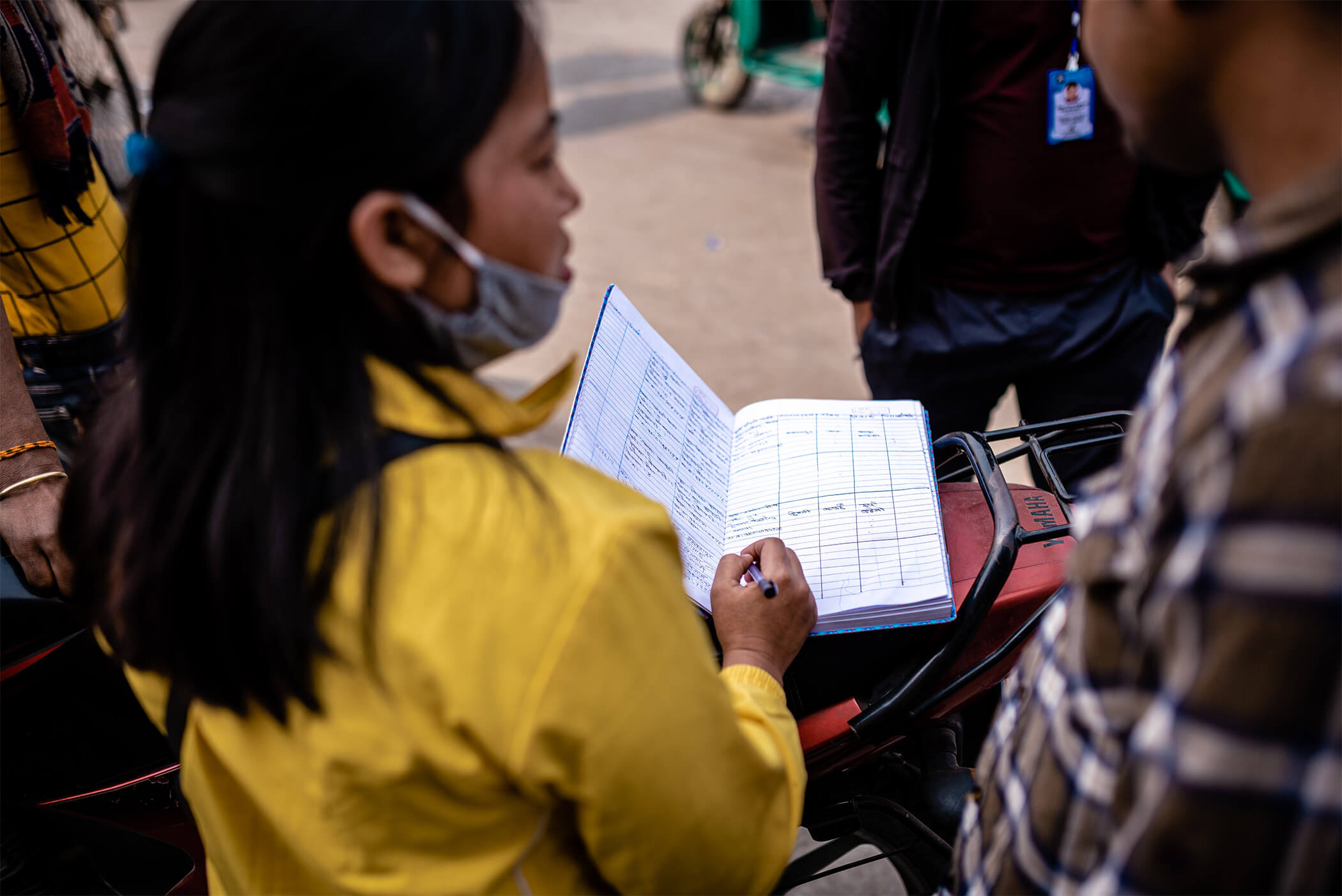
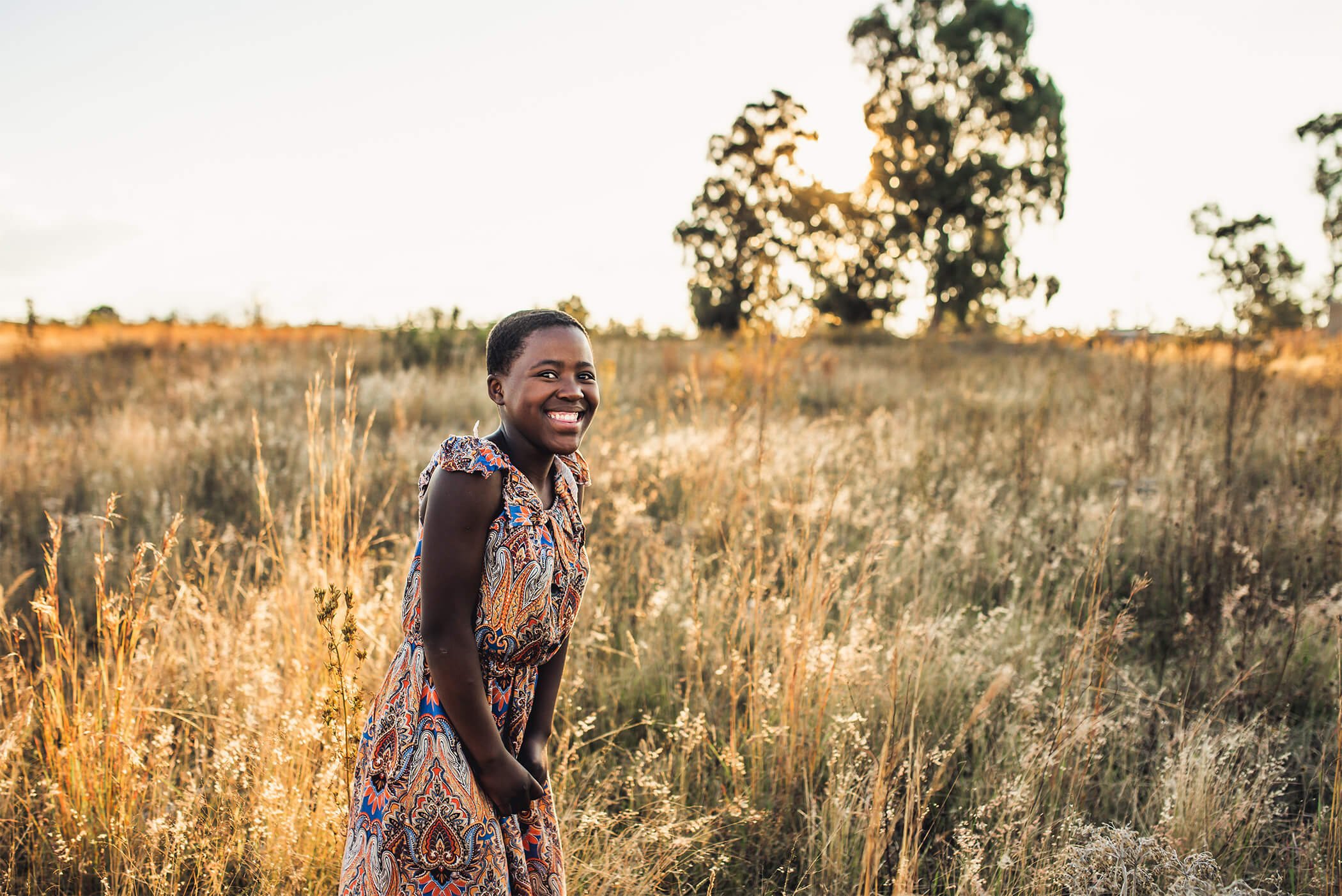

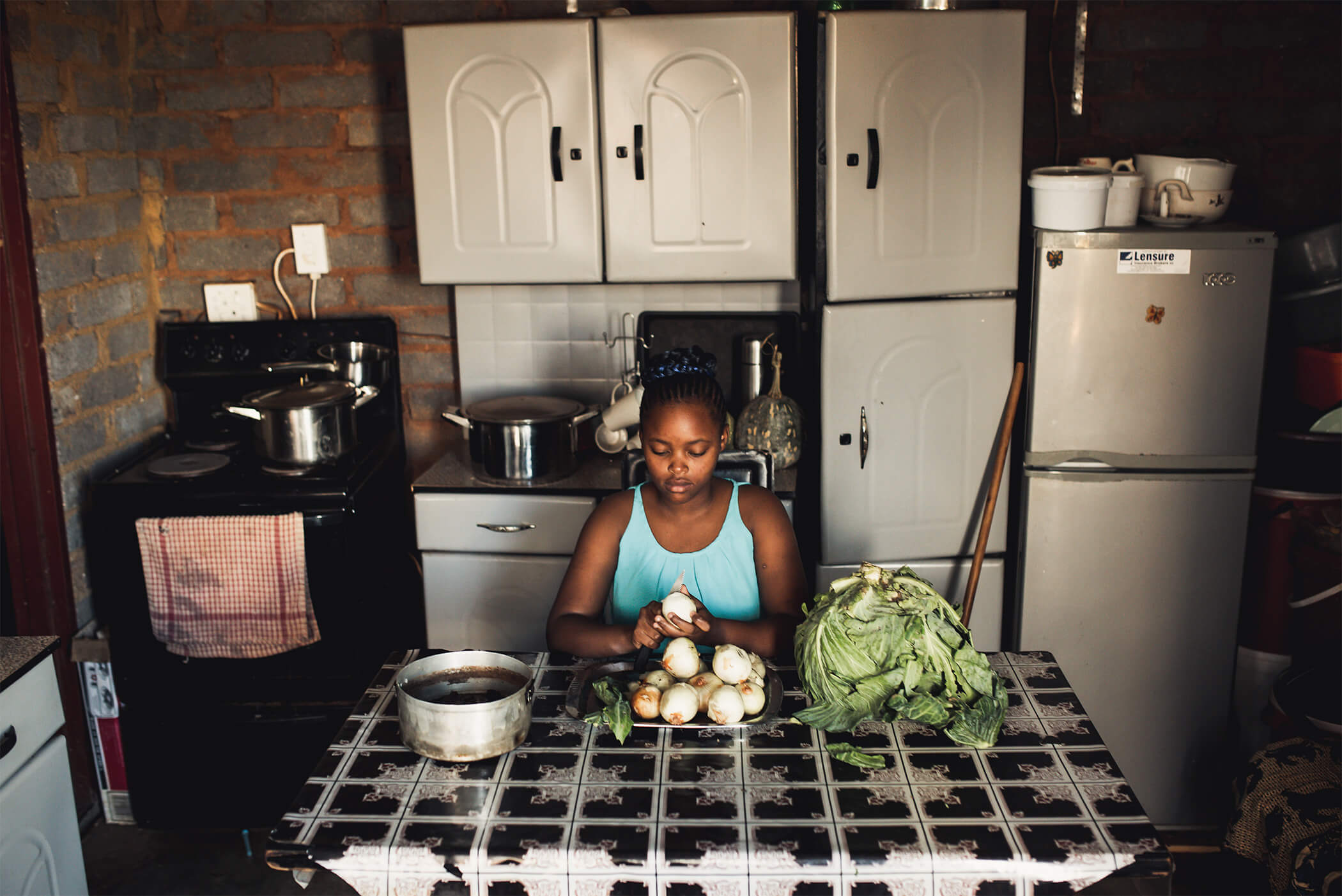

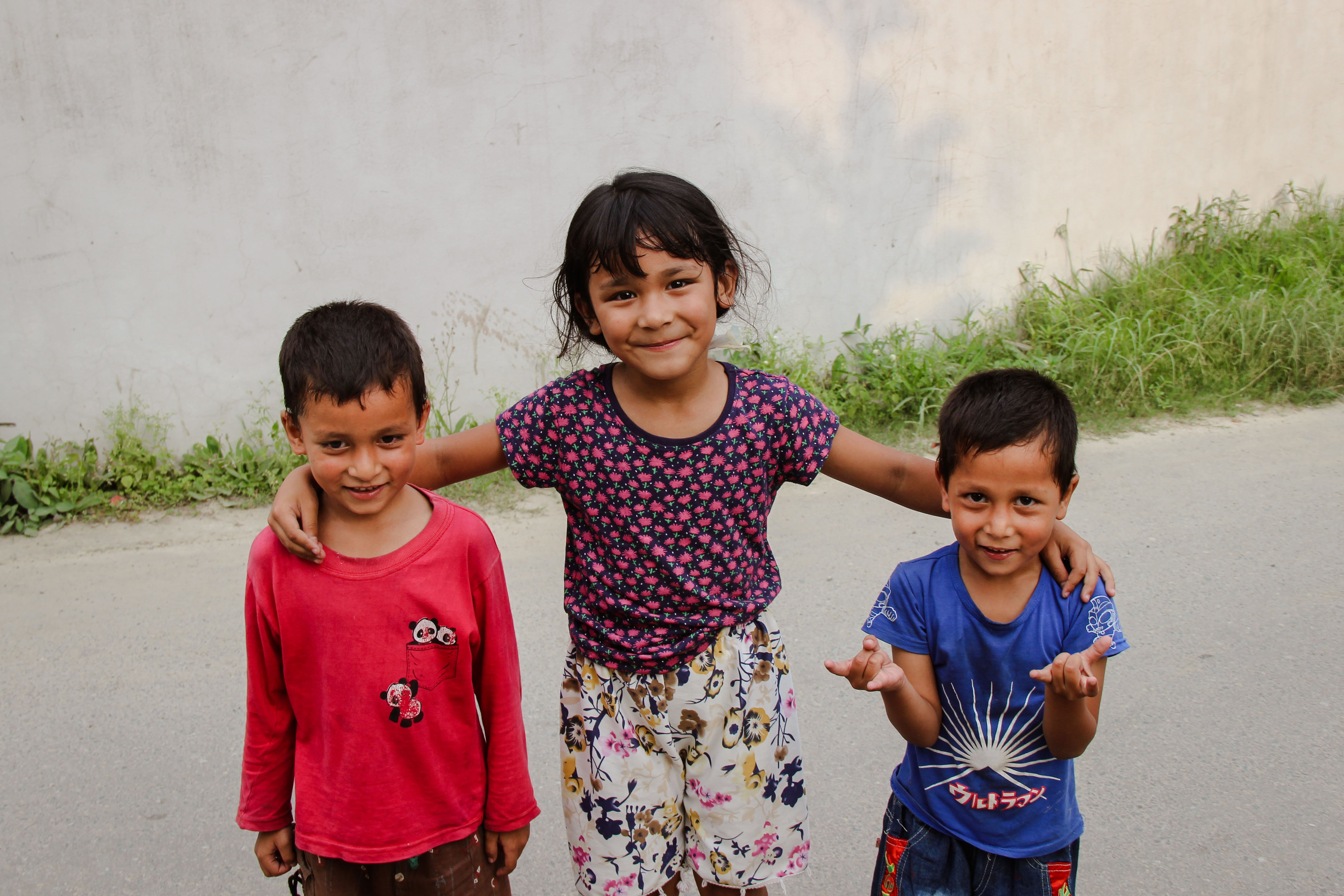
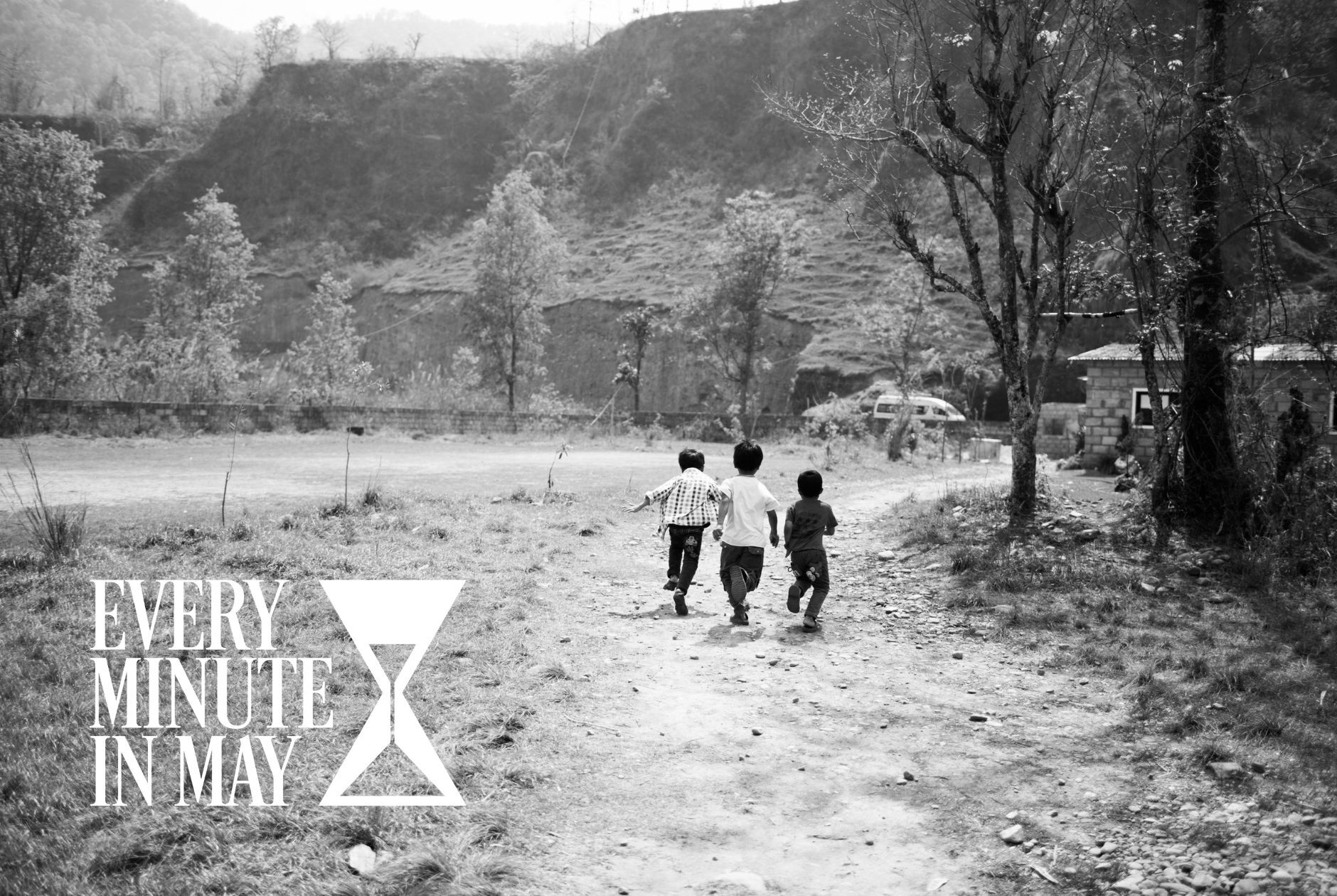

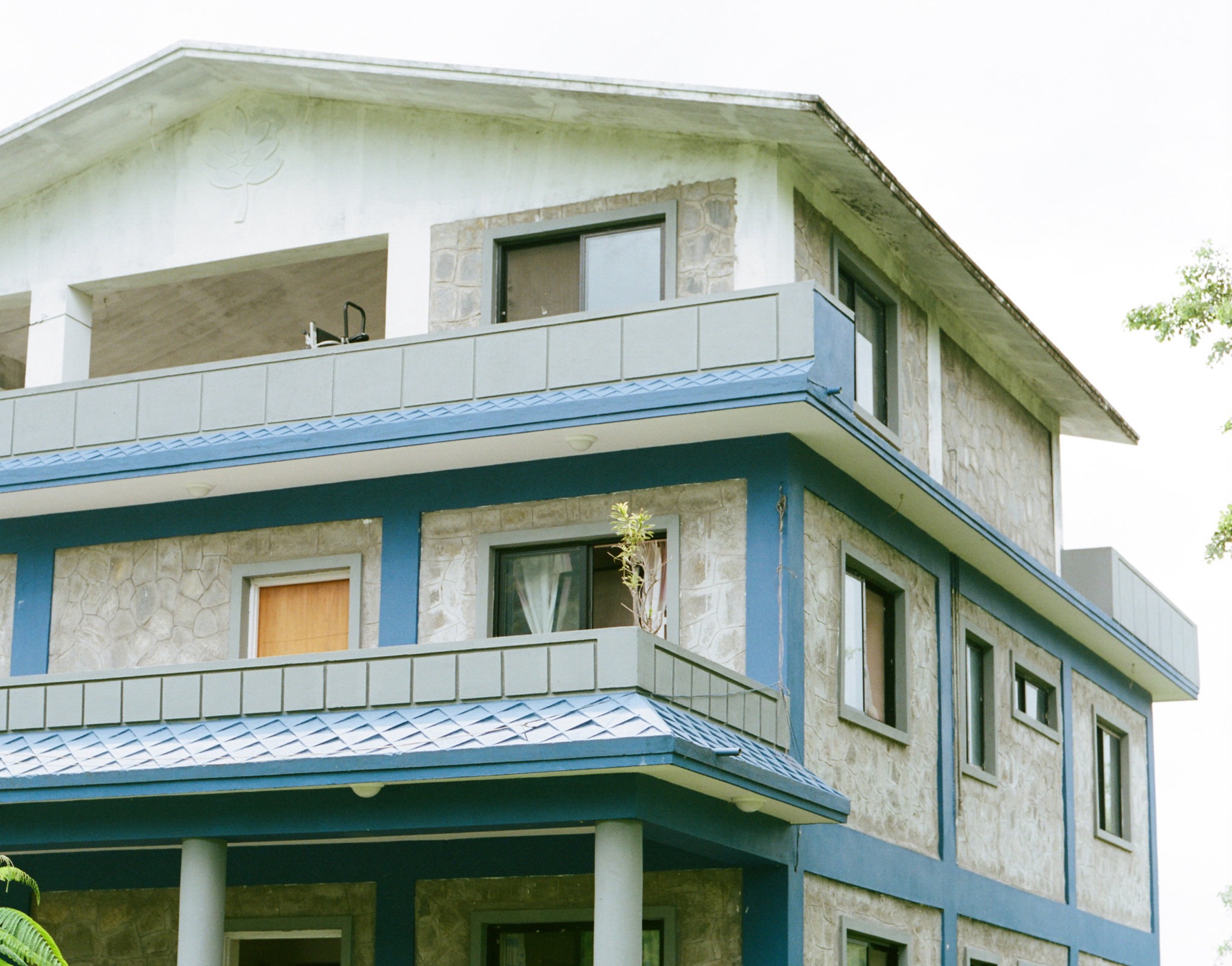
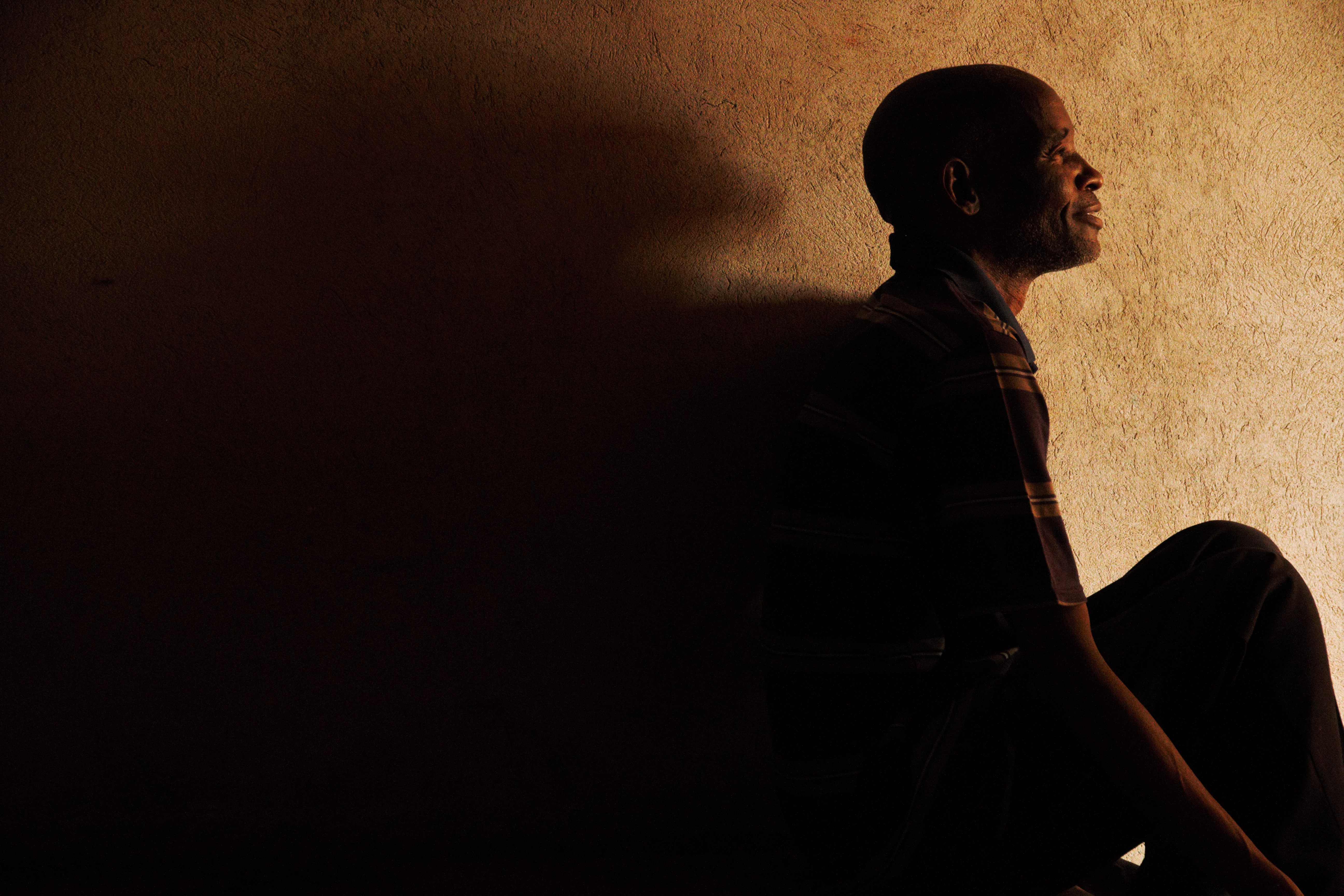

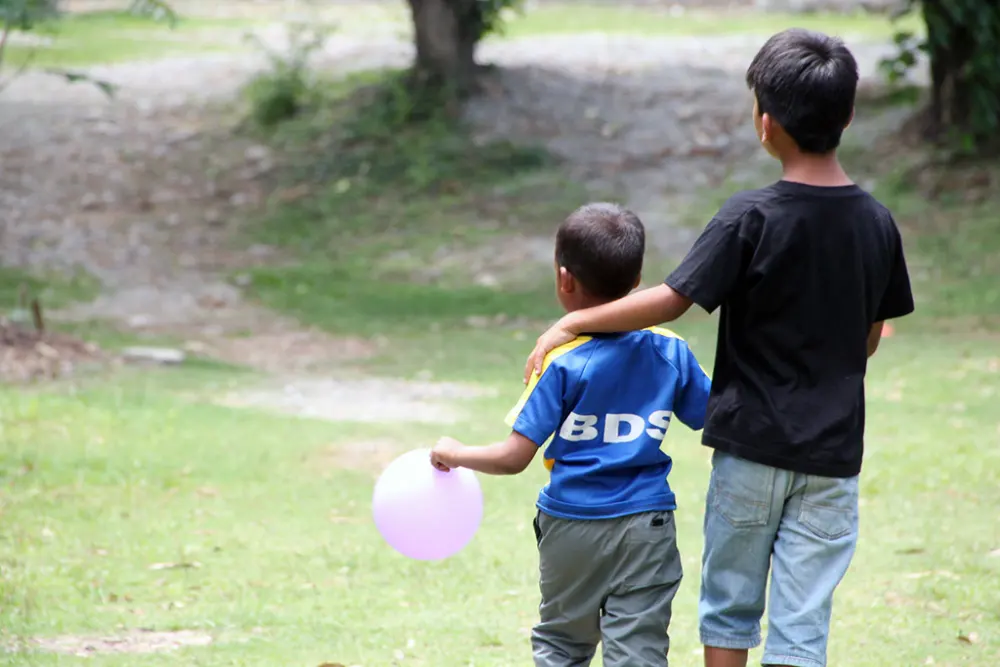
/dreamschoolgirl-424762-edited.webp)
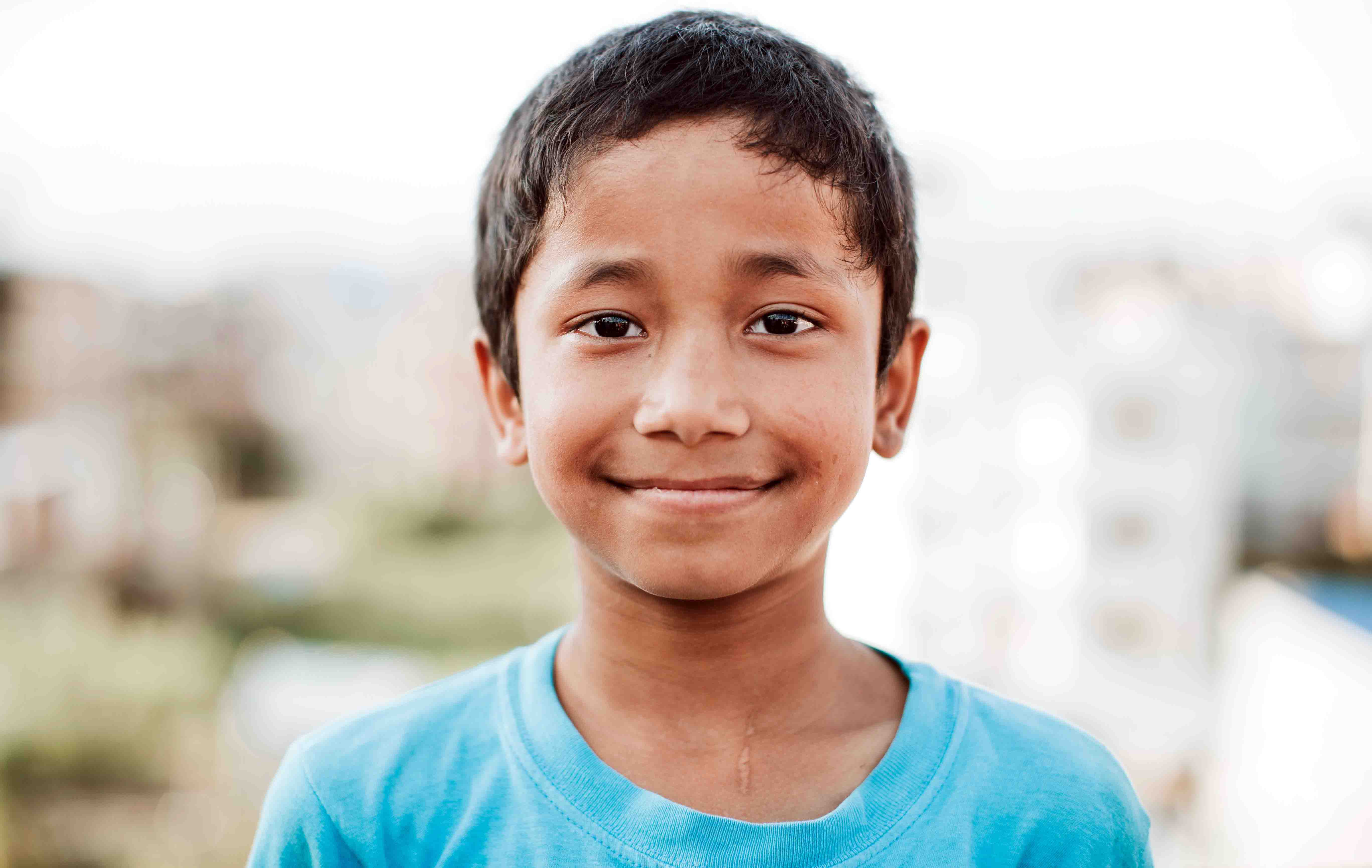
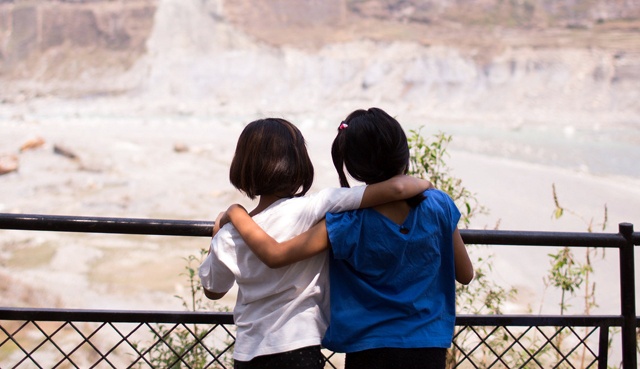
/end_human_trafficking_Rwanda_Tanzania.webp)




Post a comment